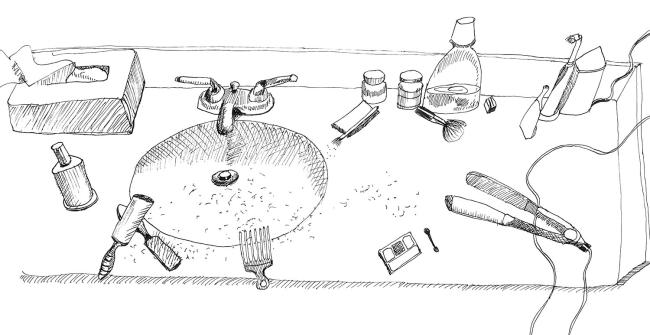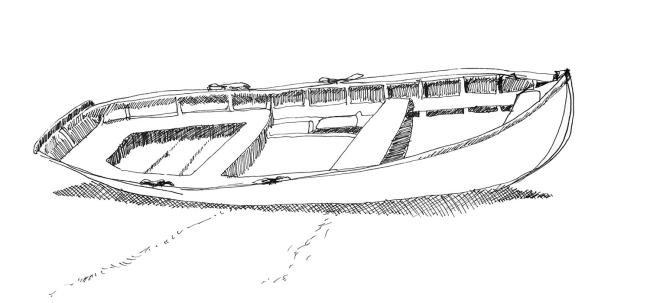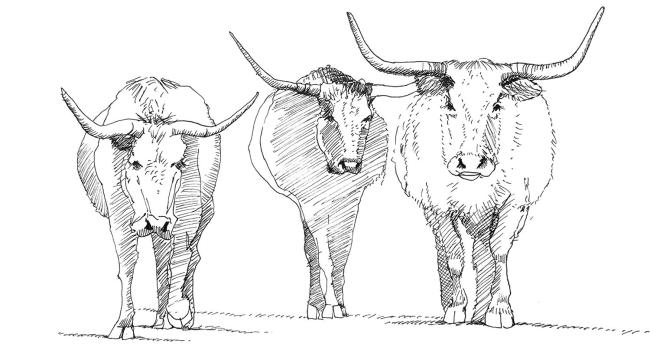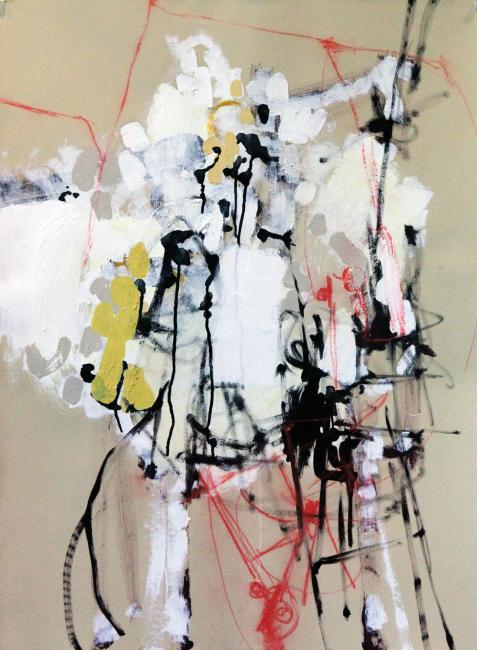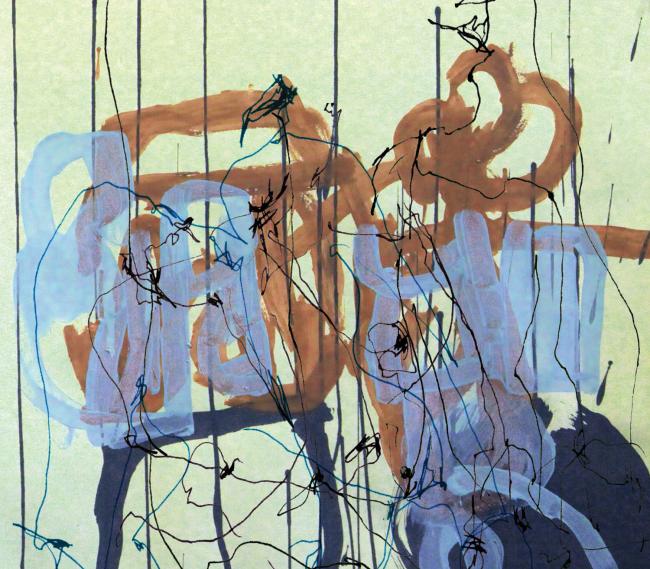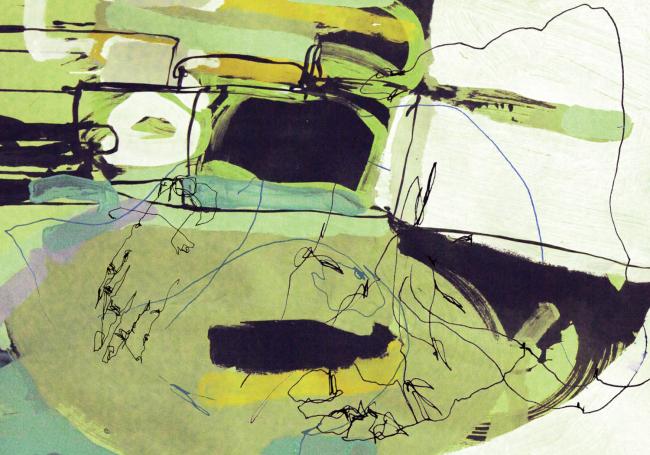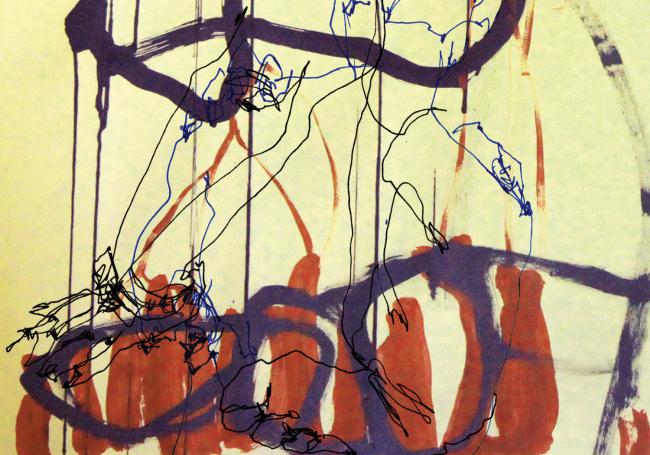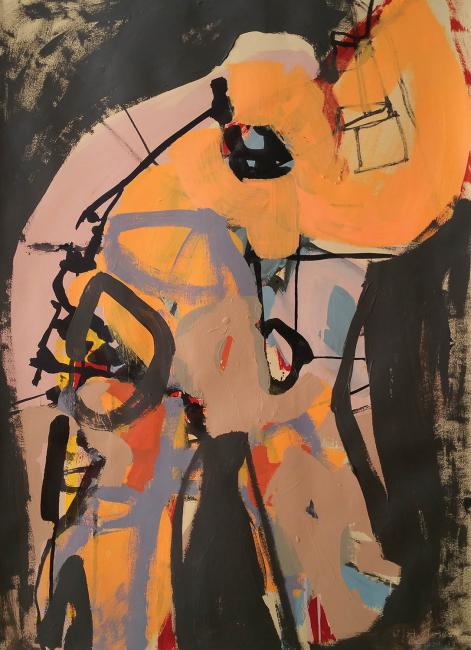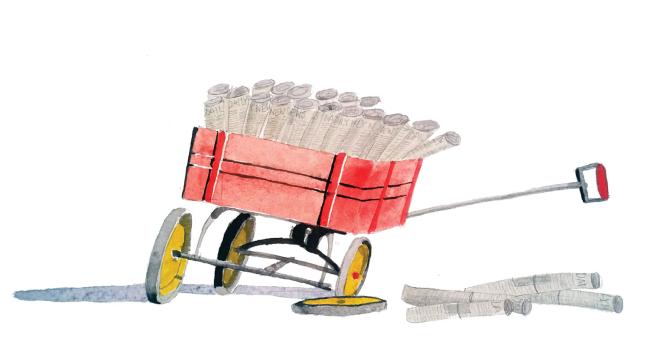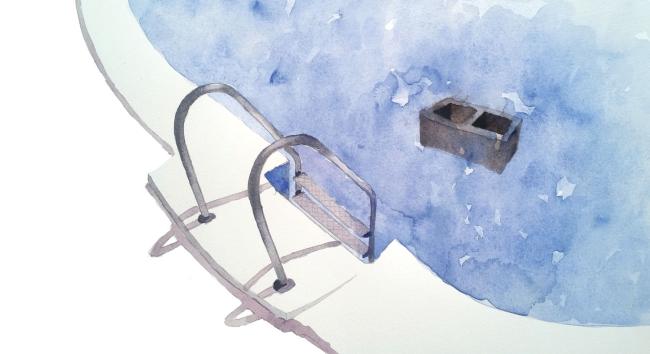
Anna Schuleit Haber
Biography
Anna Schuleit Haber’s work has appeared in public and institutional settings, in galleries, museums, and theaters. She studied painting and art history at RISD, creative writing at Dartmouth, and was named a MacArthur Fellow for works of “conceptual clarity, compassion, and beauty.” She is currently working on a series of figurines on paper and in print.

